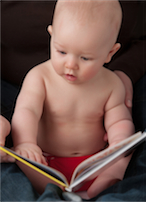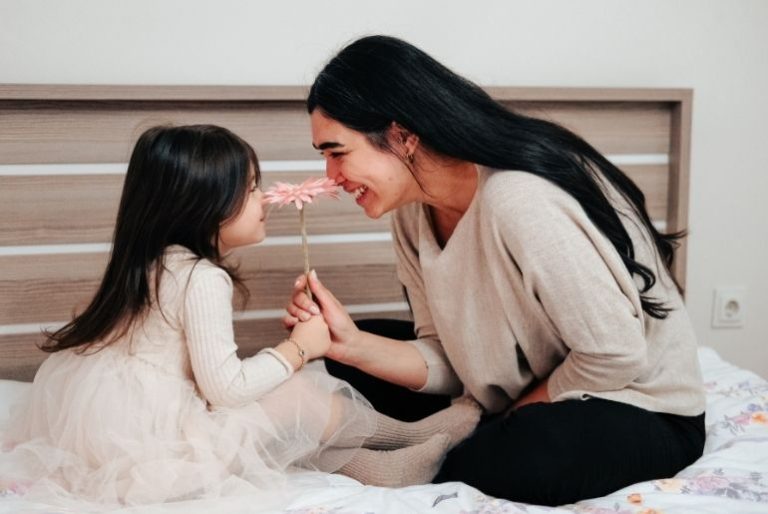Have a quick read of this article by the Khan Academy (free internet learning) founder. While I agree with Khan’s premise that we should acknowledge our children’s/students’/own learning efforts and struggles, there is also room for acknowledging their innate talents.
Let’s add to this conversation the openness and flexibility of non-dualism. Non-dualism is best understood as both/and, instead of either/or. It means comprehending all possibilities versus limiting ourselves to two. Current thinking is generally dualistic, or focused on two, either/or ways of understanding. Khan presents his argument as if there is a ‘best’ way to engender learning; let’s embrace all authentic ways of acknowledging learning and its benefits. Khan encourages flexing our brains. Stretching our minds to employ non-dualistic thinking builds brain capacity and flexibility. Parents’ and teachers’ physical and mental response flexibility foster the same in children.
I enjoy recognising my son’s learning by expressing my own experience of his process versus assuming responsibility for or judgement of his. I can do this by saying, “I get excited when I see you put a lot of effort into reading that big book. Do you feel proud of yourself?” Now he will occasionally say, “I feel proud of myself for. . . ” I swell with satisfaction when I sense his growing self-assessment vs dependency on me to reflect his learning process.
Let me know how you enjoy engendering learning in your child(ren).





